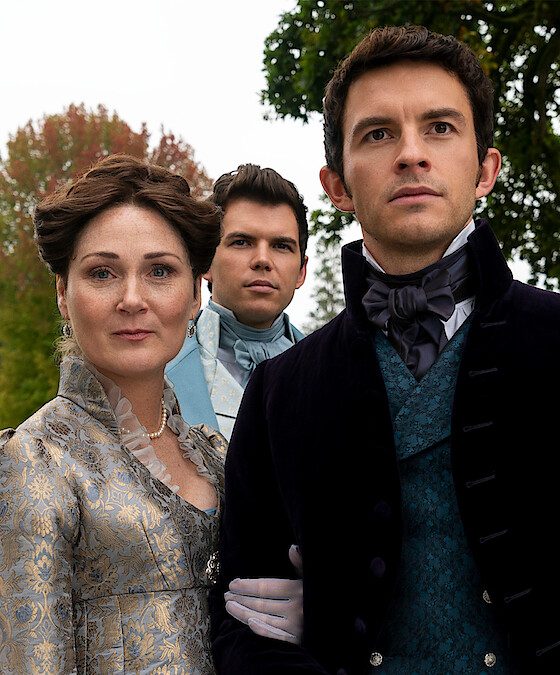“With the continued focus on police brutality being a crucial issue, ‘One Too Many’ stands out as a deeply moving narrative. It explores the distressing truths of systemic injustice, offering a poignant and eye-opening perspective.”

Directed by the visionary Kayode Kasum, this movie unravels a multi-generational saga of trauma, resilience, and the relentless pursuit of justice.
Plot Summary
Set against the backdrop of a society plagued by corruption and abuse of power, “One Too Many” follows the tumultuous journey of Adesua, portrayed with raw emotion by Dakore Akande. From the moment she witnesses her father’s brutal encounter with law enforcement to her own harrowing experience of sexual abuse, Adesua’s life becomes a relentless battleground against the forces of oppression.
After getting pregnant, she is estranged from her family, and for twenty-two years, she successfully protects her son from the horrors she has had to endure all her life. However, in one moment of seemingly harmless inquisition, Adesua’s son becomes ensnared in a web of false accusations and betrayal.
She is then forced to relieve old nightmares and revisit old ghosts as she embarks on a relentless quest to unearth the truth and secure justice for her family.
Through heart-wrenching trials and tribulations, “One Too Many” paints a stark portrait of the enduring scars left by police brutality and the undaunted spirit of those who refuse to be silenced.


What We Love About It
First of all, it is directed by Kayode Kasum, so you know you’re in for a treat.
From its powerhouse ensemble cast, including the remarkable performances of Dakore Akande, Chimezie Imo, Tope Tedela, Funsho Adeolu, the late Rachel Oniga, Jide Kosoko, Temi Fosudo, and more, “One Too Many” boasts a roster of talent that elevates the film to soaring heights. Each actor imbues their character with a depth and authenticity that resonates long after the credits roll.
Kasum’s directorial prowess shines through in every frame, with intentional cinematography and production design that altogether enhance the evocative storytelling that grips the audience from start to finish.
The meticulous attention to detail in production design and cinematography sets the tone for a cinematic experience that is simple yet immersive.
The screenplay was well written for the most part, leaving out bits of information here and there and revealing them just at the right time to propel the next action.
At the heart of “One Too Many” lies a searing indictment of societal ills, masterfully portrayed through themes of police brutality, corruption, sexual abuse, and the enduring quest for redemption. Funsho Adeolu and Temi Fosudo also deliver chilling performances as corrupt policemen, serving as catalysts for the audience’s righteous fury and indignation.
In the end, justice was served on a platter of gold, and nothing is more satisfying than seeing your villains get just what they deserve in the way they deserve.
We Also Think That …
It could have been more.
While “One Too Many” succeeds in delivering a compelling narrative, we find ourselves yearning for a deeper layer of suspense and complexity. Though compelling, the plot unfolds relatively straightforwardly, leaving little room for unexpected twists or turns.
Despite the satisfying conclusion, there remains a lingering sense of wanting more—a desire for the stakes to feel even higher and the challenges to feel even more insurmountable. It’s a minor quibble in an otherwise stellar film, but one worth noting nonetheless.
Our Take
“One Too Many” is a powerful example of cinema’s ability to highlight the darkest aspects of our society and spark conversations that call for change.
With its gripping narrative, powerhouse performances, and exploration of timely themes, this is a film that demands to be seen. The movie premiered on Netflix Nigeria recently and is a must-watch for anyone seeking a thought-provoking cinematic experience. So, grab your popcorn, settle in, and prepare to be moved by a story that resonates long after the screen fades to black.













